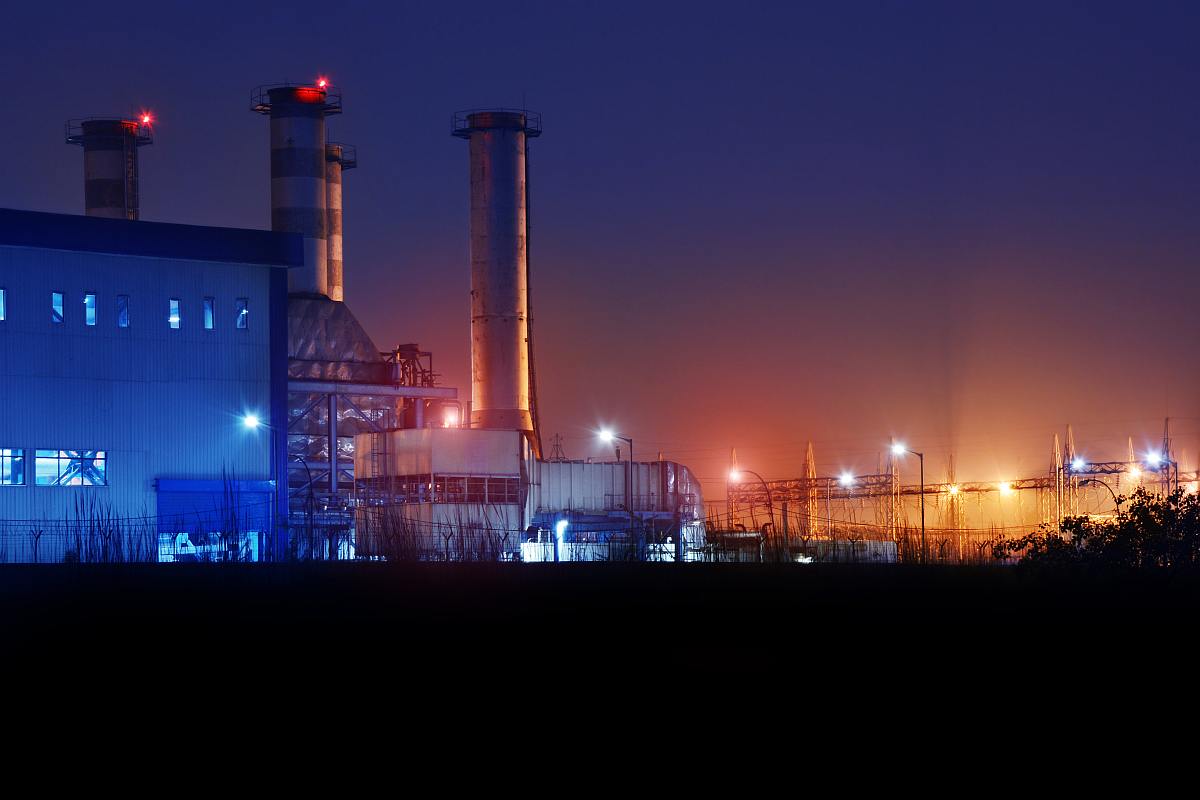Essar Renewables to invest Rs 8,000 crore in Maharashtra
Essar Renewables Ltd (ERL) has signed an agreement with Maharashtra government to invest Rs 8,000 crore in renewable energy projects in the state, according to an official statement.
The affected villagers have blamed EPMPL for the breach that occurred on August 7 night, but the company called it “a clear case of sabotage.”

Singrauli and neighbouring Sonbhadra district of Uttar Pradesh are home to 10 coal-based power plants, the largest for one region, with a capacity of over 21,000 megawatt (Photo: iStock)
A leak from an artificial pond meant to store toxic residue from a coal power plant run by Essar Power MP Ltd (EPMPL) has contaminated farmland spread over a 4-km area near Singrauli, the power hub of Madhya Pradesh, leading to panic in the surrounding villages.
The affected villagers have blamed EPMPL for the breach that occurred on August 7 night, but the company called it “a clear case of sabotage.”
Advertisement
Photos and videos taken by villagers on their mobile phones show a sea of sludge in the areas around the power plant and also on what appears to be agricultural land. “Five children got stuck in a house. We rescued them around midnight,” said District Collector K.V.S. Chaudhary A photograph showed five children covered with white ash on their hair, face and chest as they stood in the dark.
Advertisement
“Some 500 farmers have been affected by the ash leak. We have called for a preliminary probe and will look into all aspects, including the statement by Essar,” said Chaudhary. The state and Central Pollution Control Board (CPCB) officers are taking samples of the spillage. Singrauli and neighbouring Sonbhadra district of Uttar Pradesh are home to 10 coal-based power plants, the largest for one region, with a capacity of over 21,000 megawatt. The pollution emitted from the region has made Singrauli the second most critically polluted industrial zone in the country after Ghaziabad, according to CPCB.
The pond was used to store toxic ash residue generated by the power plant. Scientists and activists say any leak in such a storage pond can lead to severe contamination of groundwater and affect health as the ash contains arsenic. Pollution control norms specify that ash ponds must be surrounded with concrete walls and must not be used beyond capacity.
“According to rules, these walls should be built of bricks and concrete, but in this case the wall was built with ash. The weak wall breached, with the ash going up to six feet in some areas. Two villages have been affected,” said Jagat Narayan Vishwakarma, an activist, who has already petitioned the National Green Tribunal (NGT) over pollution in Singrauli.
However, Essar Energy in a statement called the breach in the pond wall “an act of sabotage” and held the villagers responsible for the “mischief,” which according to the company has happened in the past also.
The energy company also mentioned “the land where the ash entered is non-agricultural land owned by EPMPL.”
“Our security personnel deployed at the location have told the local police that they spotted 4-5 unidentified persons fleeing from the site of the incident last night. We have filed an application for FIR alleging sabotage, and also apprised all local authorities about the incident,” the company said in a statement on its website.
Advertisement